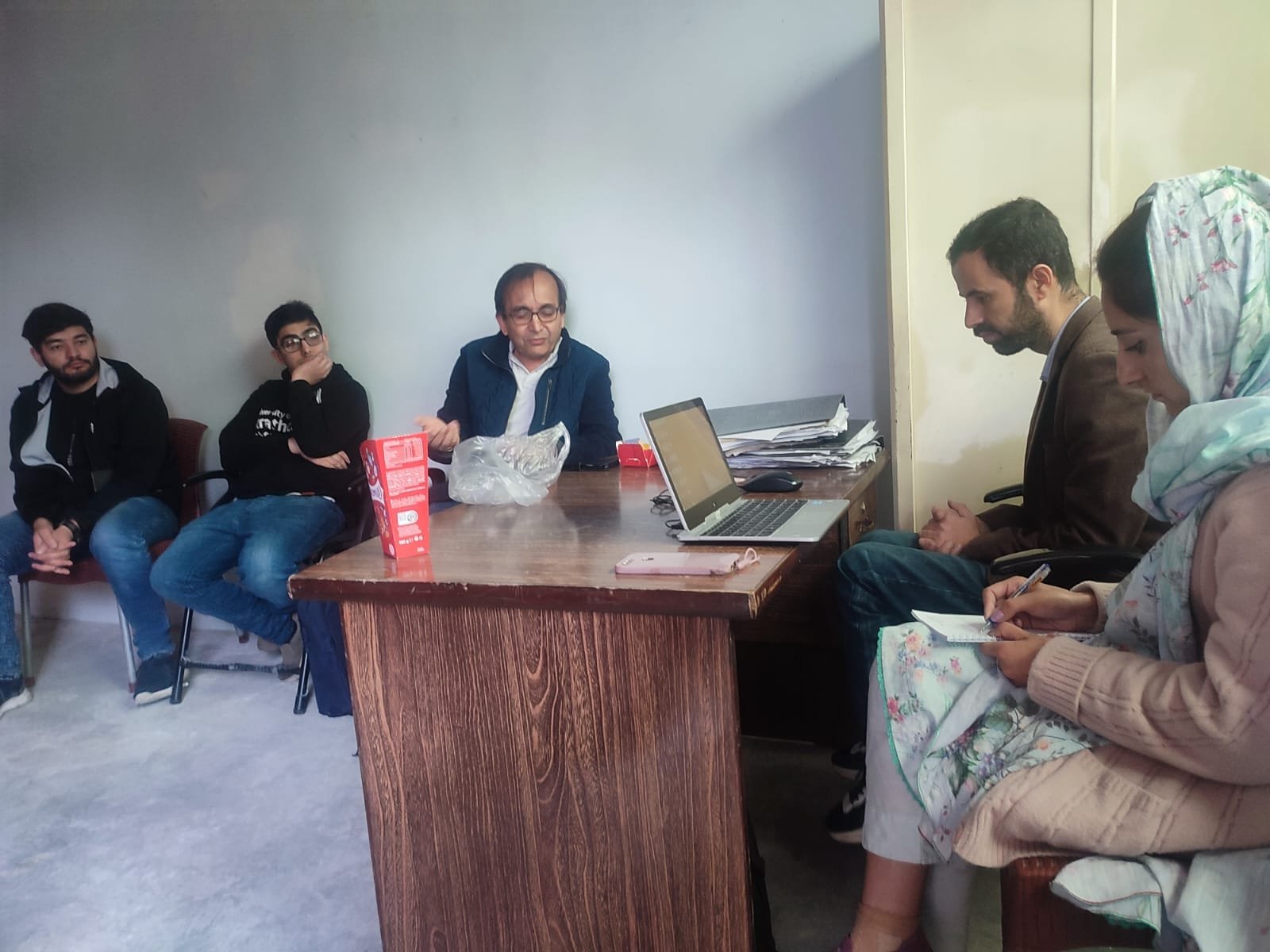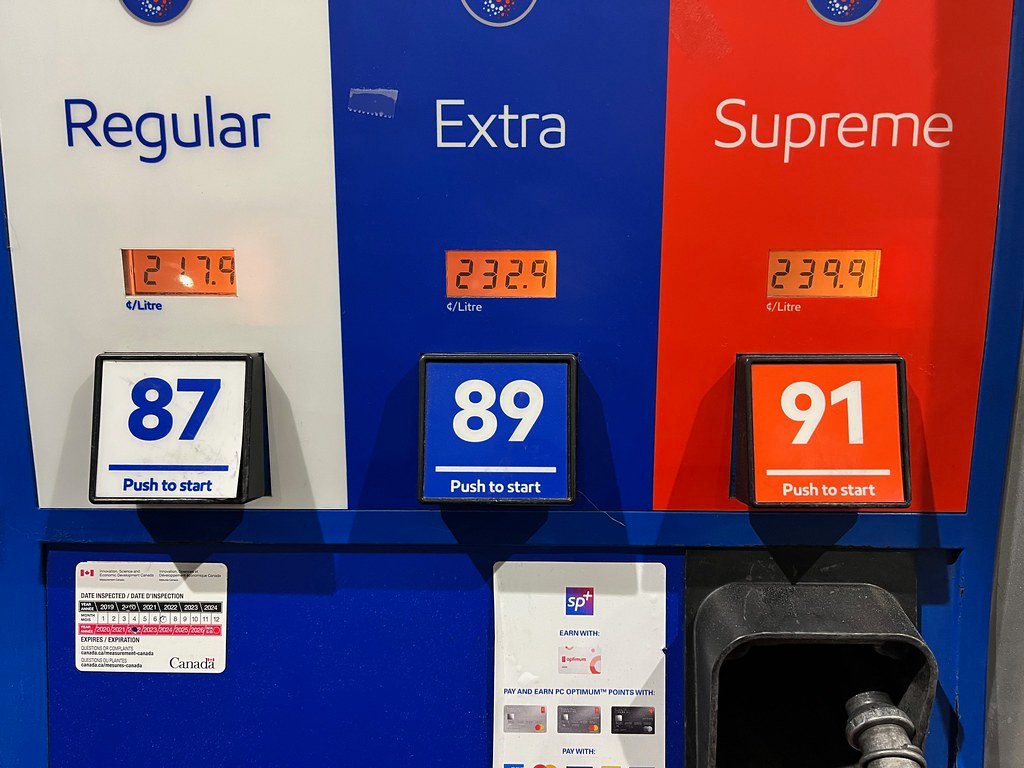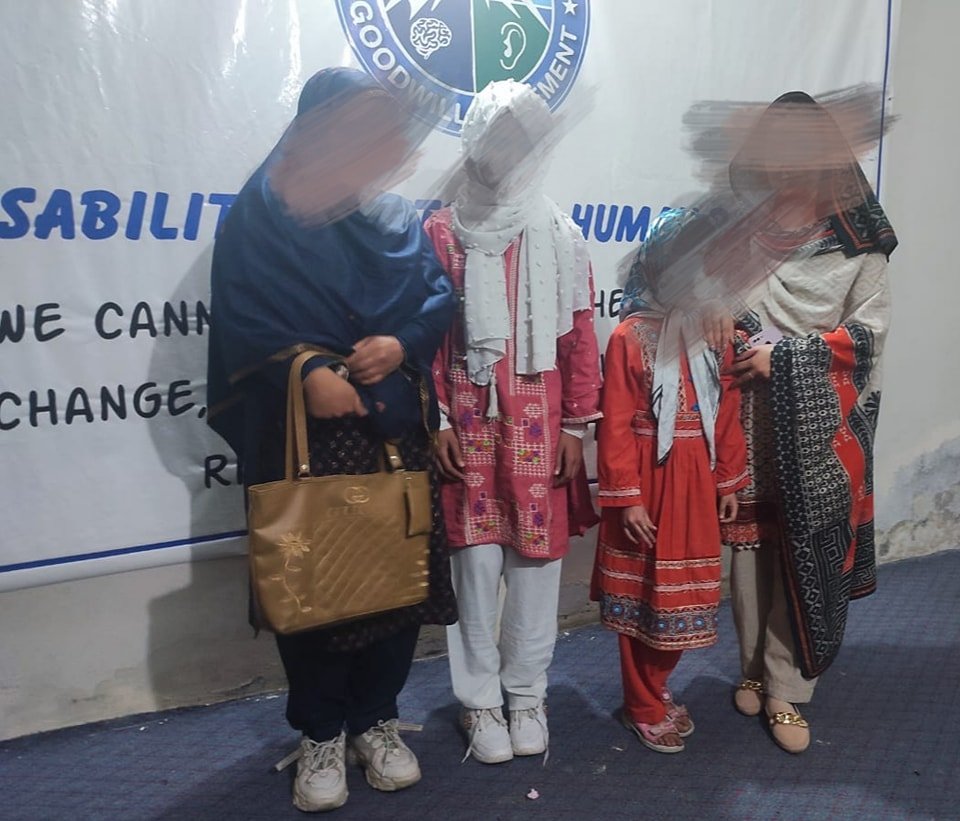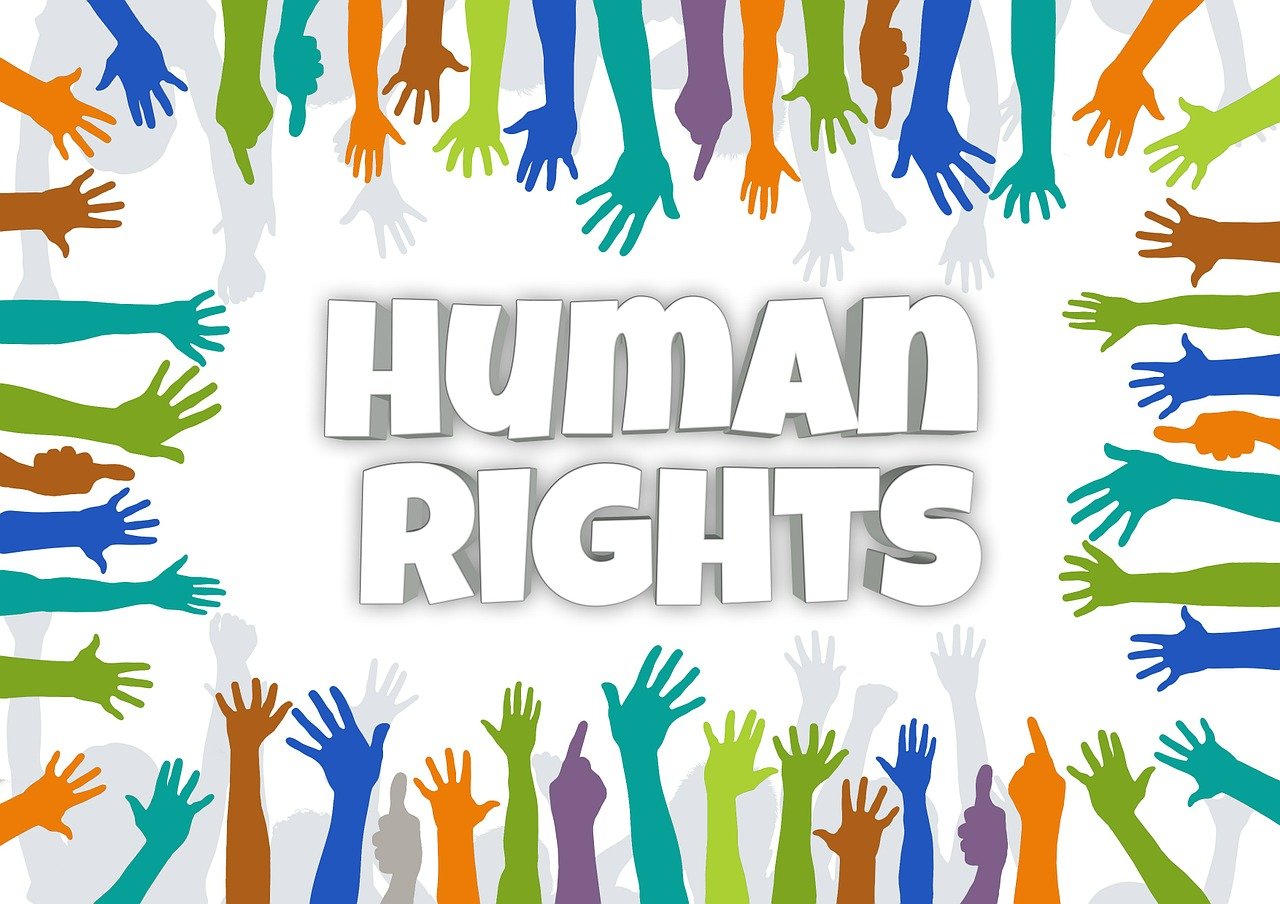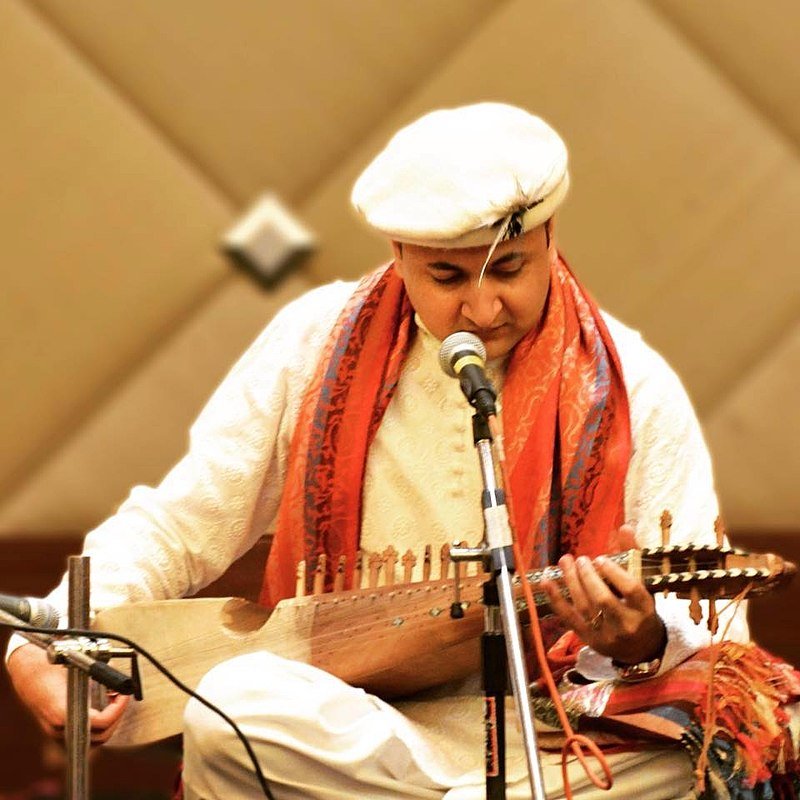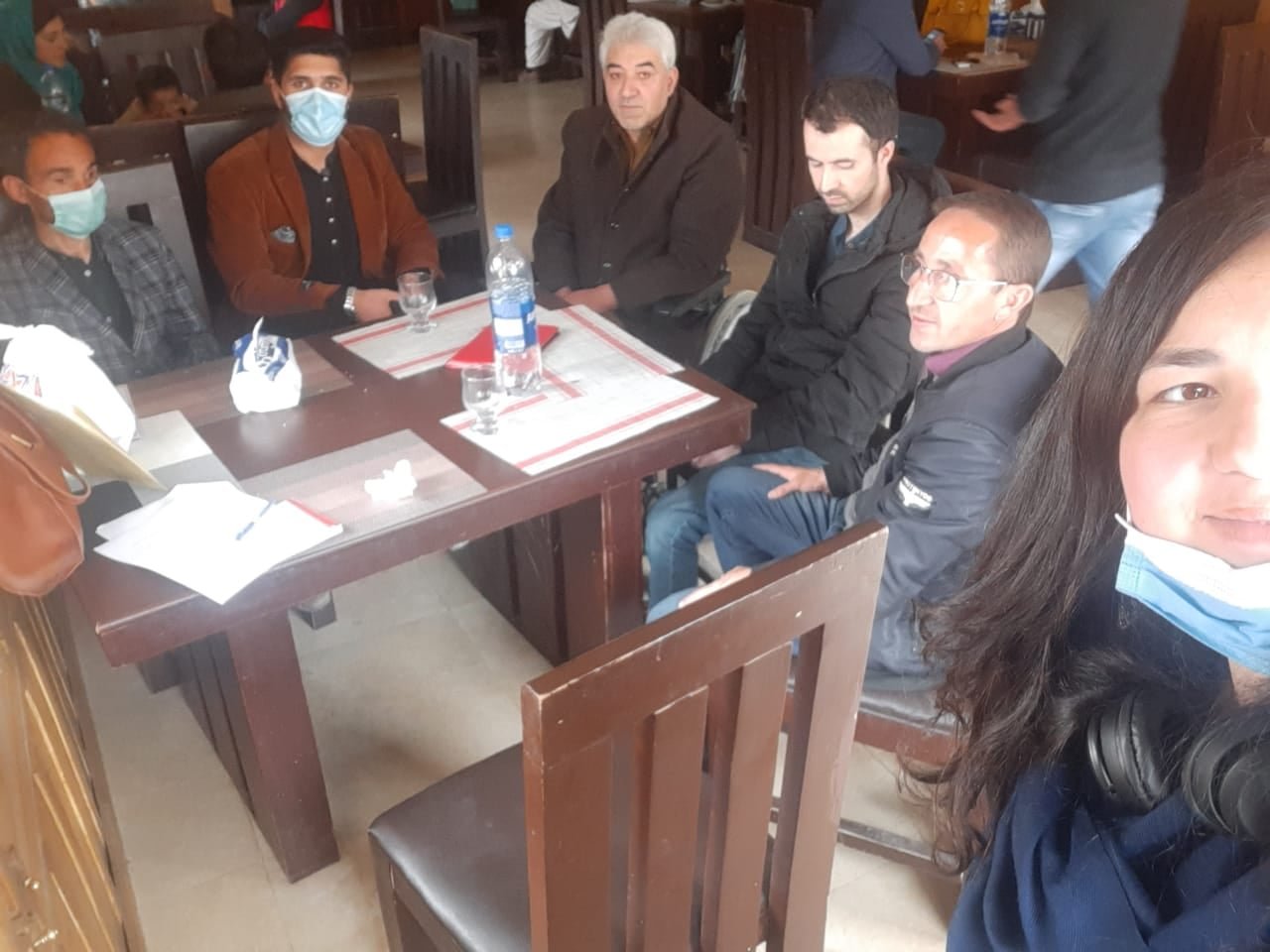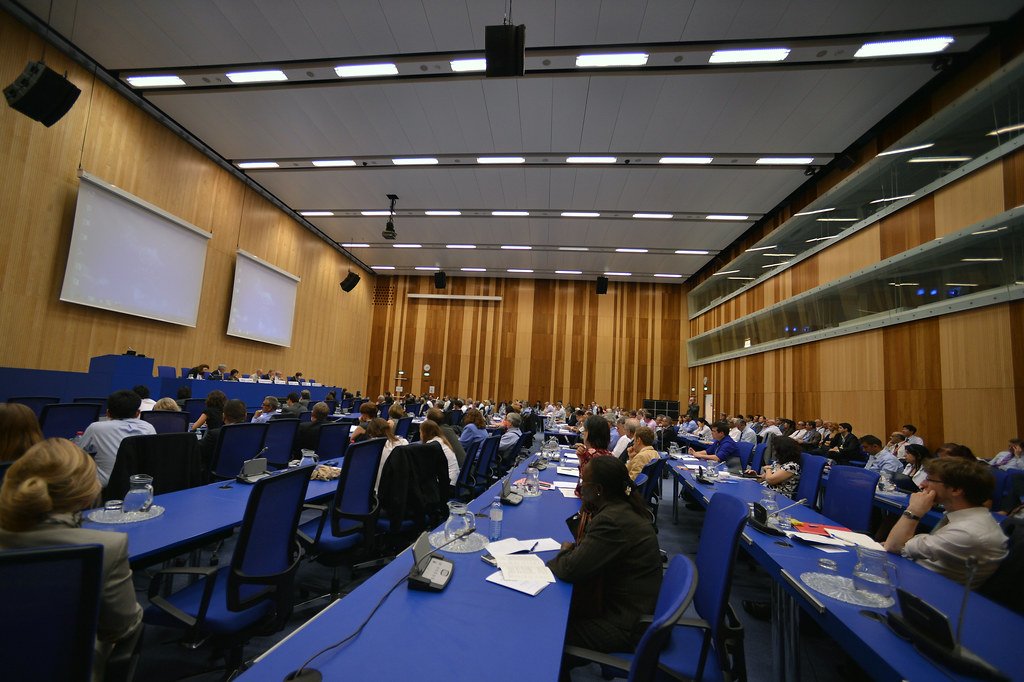Tag: people with disabilities
Relations with the Chief Secretary
The Team Goodwill Movement extends its heartfelt gratitude to Chief Secretary Gilgit Baltistan for graciously hosting us. We are deeply appreciative of the warm hospitality and support extended to our team during our time in Gilgit Baltistan.
Several key issues were addressed, with accessibility emerging as a central theme. We engaged in productive conversations regarding the importance of ensuring equal access to essential services, education, and opportunities for all members of society, particularly those in remote or marginalized areas. We emphasized the need for proactive measures to enhance accessibility, including the development of infrastructure, transportation systems, and technological solutions that cater to diverse needs.
Moreover, we explored strategies to promote inclusivity and empower individuals with disabilities, recognizing their valuable contributions to society. By advocating for inclusive policies and implementing inclusive practices, we aim to create a more accessible and inclusive environment that enables everyone to participate fully in social, economic, and cultural life.
Visiting Gilgit for a cause
Every year, I visit Gilgit for the cause of disabled persons within the region. I visit it not only because of personal reasons but to serve the NGO free of cost. This time in April, I visited Gilgit to see how we can further amplify the Goodwill message in government and private sector offices.
Inflation Rate and cost of a disabled persons’ life
With inflation rates soaring to a staggering 28.5% in Pakistan, the economic burden disproportionately affects individuals living with disabilities. This alarming inflation moving beyond Eid and Ramadan, not only undermines the purchasing power of the general population but also exacerbates the financial challenges faced by disabled individuals and their families. For them, the impact of inflation is profoundly amplified, as they often have additional expenses related to healthcare, assistive devices, and accessibility accommodations.
In the past three years following the registration of the organization in Gilgit Baltistan, residents have grappled with a notable uptick in the prices of essential commodities such as fuel, food, and clothing. This surge in costs has cast a shadow over the region, rendering routine tasks that were once easily accomplished in the earlier part of the decade now significantly more challenging.
Previously, simple endeavors and everyday activities that were undertaken with ease during the 2020s are now met with obstacles due to the financial strain inflicted by the escalating prices. What once may have been a straightforward endeavor, whether it be commuting to work, purchasing groceries, clothing, has transformed into a burdensome undertaking for many residents.
The repercussions of this economic shift ripple through the fabric of daily life, impacting individuals and families alike. Transportation costs have surged, making it more arduous for individuals to travel for work or other essential activities. The affordability of basic necessities, such as food staples, has dwindled, forcing families to navigate tighter budgets and potentially compromising their nutritional intake. Moreover, the rising costs of clothing pose additional challenges, especially for those already grappling with financial constraints.
This adverse economic trend not only strains the livelihoods of the local populace but also underscores broader socioeconomic challenges facing Gilgit Baltistan. While the exact causes of these price hikes may vary, ranging from global market fluctuations to local economic policies, the repercussions are felt acutely by the disabled community
Eid 2024
As Eid 2024 draws near, the GB Goodwill Movement is filled with gratitude and appreciation for the generosity of our cherished donors. With heartfelt thanks, we extend our deepest gratitude to our existing donors, whose steadfast support has been the cornerstone of our mission’s success. Your unwavering commitment has enabled us to make a meaningful impact and bring hope to those in need.
We also extend a warm welcome to our new donors, whose commitment to our cause strengthens our resolve and broadens our reach. Your support, especially during this auspicious time, exemplifies the spirit of compassion and unity that defines our organization.
In light of Eid festives, we request that all remaining donors who wish to donate, please do it as soon as possbile so that we could reach as many disabled people, in helping them with food, clothing, shelter and future training of skills development
As we immerse ourselves in the joyous festivities of Eid, we humbly appeal to our remaining donors to consider extending their generosity as soon as possible. Your timely contributions are invaluable in enabling us to reach out to as many individuals with disabilities as possible, providing them with essential necessities such as food, clothing, and shelter, as well as empowering them through future skills development training.
Every donation, regardless of size, plays a significant role in making a positive difference in the lives of those in need. By acting swiftly, we can ensure that our efforts are maximized, and the impact is felt by those who require our assistance the most.
Your support is not only a reflection of your compassion but also a beacon of hope for those who are facing challenges. Together, let us continue to spread kindness and uplift the spirits of our fellow human beings, especially during this time of celebration and reflection.]
For donations in Pakistan click here.
For other donations click here
Thank you and we hope that you have a happy and Joyous Eid Period
How the Journey of Goodwill Began
The term “Goodwill” typically refers to the act of doing good for others. However, the concept of “good” itself can encompass various dimensions, including both short-term and long-term benefits.
In the short term, “good” often refers to actions or behaviors that result in immediate positive outcomes, such as providing assistance, kindness, or support to someone in need. This could include acts like donating to charity, offering a helping hand to a friend, or volunteering in the community.
On the other hand, “good” can also extend to long-term benefits or consequences. This involves considering the broader impact of our actions over time, including how they contribute to the well-being, development, and sustainability of individuals, communities, and the environment. Long-term “good” may involve fostering relationships built on trust and mutual respect, promoting social justice and equality, or advocating for policies that benefit future generations.
From my take, I like most people refer to Goodwill as providing assistance, kindness etc. But what benefit is Goodwill to the other, remains a unanwsered question. Thinking about this more clearly
Goodwill is often associated with
Building Trust and Relationships: Acts of goodwill foster trust and rapport between individuals, organizations, and communities. When people feel supported and cared for, it strengthens the bonds between them, leading to more cohesive and supportive relationships.
Enhancing Reputation: Engaging in goodwill activities can enhance one’s reputation within communities, organizations, or industries. Positive actions and altruistic behavior are often remembered and respected, contributing to a favorable public image.
That is an ideal individualistic outlook but it does not include the other.
Certainly, let’s clarify:
A few examples of the goodwill initiatives undertaken by us at Goodwill in the past, approximately four years ago, include:
- Supporting Persons with Disabilities with Food Rations during COVID: During the COVID-19 pandemic, we provided food rations to individuals with disabilities. This initiative aimed to address the immediate needs of this vulnerable group during a challenging time, ensuring they had access to essential sustenance.
- Providing Shelter: We offered shelter to those in need, extending a helping hand to individuals who were experiencing homelessness or facing precarious living situations. This initiative aimed to provide a safe and secure environment for those who lacked adequate housing.
- Distributing Clothing: We distributed clothing to individuals who lacked adequate attire, whether due to financial constraints or other circumstances. By providing clothing, we aimed to ensure that individuals had access to basic necessities and could maintain their dignity.
It’s important to note that while these actions may have brought individual happiness to the recipients by addressing their immediate needs, they also contribute to the overall well-being and happiness of the community. By supporting vulnerable individuals and addressing social issues such as food insecurity, homelessness, and lack of clothing, these initiatives help build a more inclusive and compassionate society, ultimately benefiting everyone.
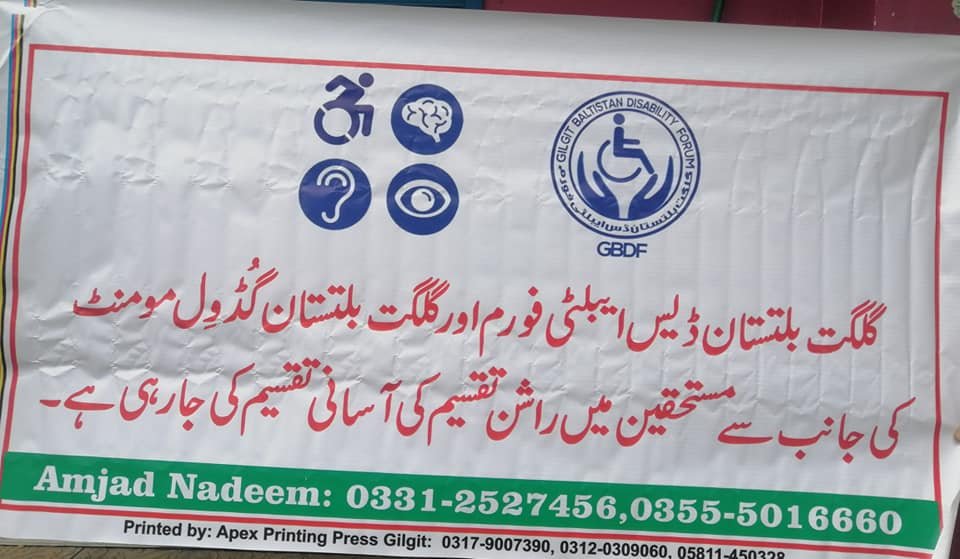
Certainly, let’s clarify:
Despite the positive efforts and intentions behind goodwill initiatives, it’s important to acknowledge that the state of being “good” or achieving universal goodness may not always be fully realized.
Several factors contribute to this and at that time my individualistic good did not realise, or did not want to realise the
- Complexity of Issues: Many social issues, such as poverty, inequality, and discrimination, are deeply entrenched and complex. Addressing these issues requires sustained effort, resources, and systemic change, which may not always be easily achievable through goodwill alone.
- Limited Resources: Goodwill initiatives often operate within constraints such as limited funding, manpower, and time. These limitations can impact the scale and effectiveness of interventions, making it challenging to address the root causes of social problems comprehensively.
- Structural Barriers: Structural barriers, such as institutionalized discrimination or systemic inequalities, can hinder the impact of goodwill efforts. Overcoming these barriers often requires broader societal and policy changes that extend beyond individual actions.
- Varying Perspectives: What constitutes “good” can vary depending on cultural, social, and individual perspectives. Differences in values, priorities, and beliefs may lead to conflicting interpretations of what actions are considered beneficial or ethical.
- Unintended Consequences: Despite good intentions, some goodwill initiatives may inadvertently perpetuate harm or reinforce existing power dynamics. It’s essential to critically assess the impact of actions and ensure they align with principles of justice, equity, and inclusivity.
While the pursuit of goodness and the practice of goodwill are valuable endeavors, achieving universal goodness is a complex and ongoing process that requires collective effort, critical reflection, and continuous adaptation. Recognizing the limitations and challenges is crucial for fostering meaningful progress towards a more just, equitable, and compassionate society.
I don’t feel the need to delve into this topic extensively because it’s already widely discussed on multiple blogs. However, I want to emphasize that Goodwill’s mission is to benefit people, and it does so through active community involvement. Goodwill operates with the belief that the community itself is instrumental in achieving positive outcomes. Unfortunately, society, especially from a sociopolitical standpoint, often overlooks or fails to fully grasp this crucial aspect of Goodwill’s work.”
In this revised version, the statement is more straightforward, ensuring the reader can easily understand the speaker’s perspective on Goodwill’s mission and its perception within society.
“If we don’t involve ‘the people’ directly, how can we accurately represent their voices? This principle is at the heart of what we stand for at Goodwill. We advocate for the full inclusion of disabled individuals as active participants in society, ensuring their voices are heard and valued just like anyone else’s.”
Maybe this is something to ponder upon during this festive period of Ramadan.
Our mission is theirs – GBGM and ICare Pakistan
Karachi 11.03.2024
On March 11, 2024, ICare Country Director Syed Hasan Ali and GB Goodwill Movement’s CEO Ghulam Muhammad Baig made a commitment to collaborate on supporting Persons with Disabilities throughout the holy month of Ramadan.
Director Hasan Ali expressed appreciation for GBGM’s efforts towards the differently abled members of society. He also affirmed that ICare Pakistan would provide support to GBGM’s operations on the ground wherever needed. This assistance would be facilitated through financial aid sourced from ICare’s donor network.
To support our cause through ICare, please click here
Collaboration is essential in society; without it, there would be no society. We hope that we can raise funds to benefit all disabled persons of Gilgit Baltistan.
TO MUSLIM PROFESSIONALS WORKING IN THE UNITED KINGDOM AND THE UNITED STATES
Dear Esteemed Professionals,
I trust this correspondence finds you in good health and high spirits.
My name is Ghulam Muhammad Baig, and I am currently enrolled as a student at Strathclyde University, Glasgow, pursuing a degree in Politics & International Relations. Concurrently, I am engaged in leading an NGO known as the Gilgit Baltistan’s Goodwill Movement, which is dedicated to serving the disabled communities of Gilgit Baltistan. Our operational headquarters are situated in Zulfiqarabad, Gilgit.
In essence, we are a non-profit organization committed to advocating for the rights and well-being of individuals with disabilities. Our initiatives encompass a broad spectrum, ranging from empowering disabled individuals through various skill development programs to addressing their fundamental needs by providing sustenance, shelter, and clothing to the marginalized segments within the disabled community.
Alhamdulillah, we began our work in June 2021 in Gilgit Baltistan, with support from senior doctors working within the NHS in the UK. Now, we are seeking additional support from other professionals within our community
We understand that many of you send money home as remittances, but we kindly ask you to consider the challenges faced by disabled individuals in our country as Allah says helping the poor is a good deed. Unfortunately, many of these people are excluded from assistance in society! We are seeking small donations, even if it is $5 or $10 because every penny counts towards helping these people.
Appeal to all overseas Professionals of Gilgit Baltistan
Dear Esteemed Professionals,
I trust this correspondence finds you in good health and high spirits.
My name is Ghulam Muhammad Baig, and I am currently enrolled as a student at Strathclyde University, Glasgow, pursuing a degree in Politics & International Relations. Concurrently, I am engaged in leading an NGO known as the Gilgit Baltistan’s Goodwill Movement, which is dedicated to serving the disabled communities of Gilgit Baltistan. Our operational headquarters are situated in Zulfiqarabad, Gilgit.
In essence, we are a non-profit organization committed to advocating for the rights and well-being of individuals with disabilities. Our initiatives encompass a broad spectrum, ranging from empowering disabled individuals through various skill development programs to addressing their fundamental needs by providing sustenance, shelter, and clothing to the marginalized segments within the disabled community.
We began our work in June 2021 in GB, with support from GB senior doctors working within the NHS in the UK. Now, we are seeking additional support from other professionals within the UK and US from Gilgit Baltistan.
We understand that many of you send money home as remittances, but we kindly ask you to consider the challenges faced by disabled individuals in our country. Unfortunately many of them are excluded from assistance. We are seeking small donations, even if it is $5 or $10, because every penny counts towards helping these people
We hope that you will support us in our Ramadan Fundraiser, link below,
and help disabled persons in GB.
Thank you
Kind regards
Ghulam Baig


